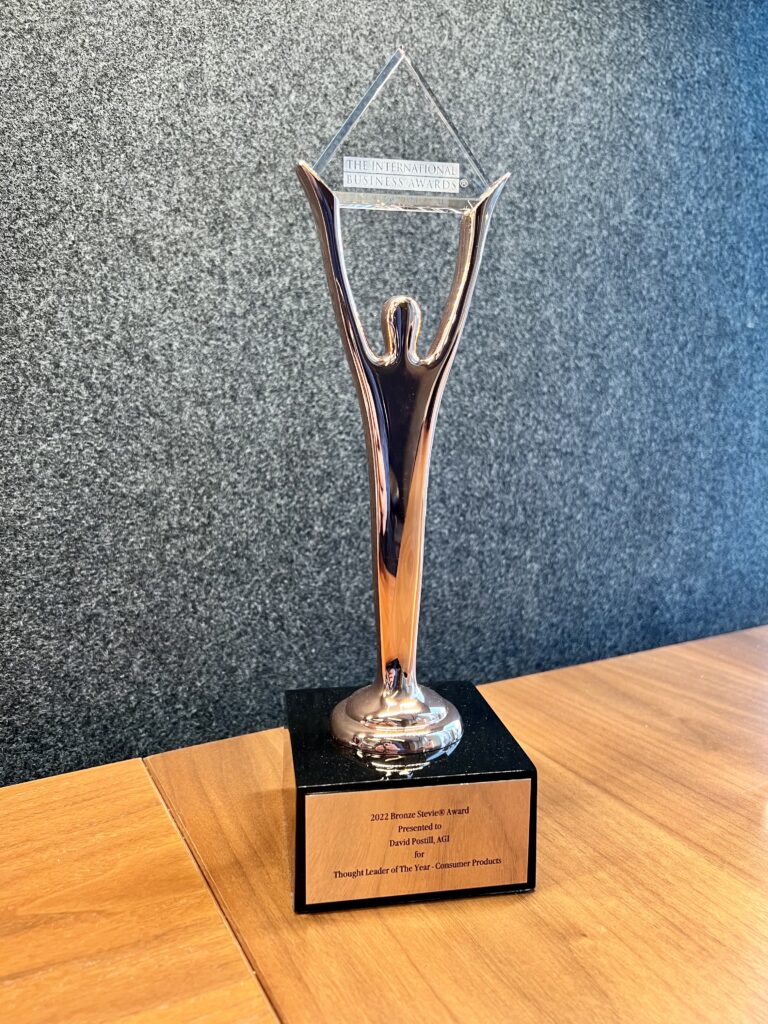The Evolving Role of the CMO in the Age of CX
Today it’s becoming increasingly clear that customer experience (CX) is the growth engine of the future. While the Chief Marketing Officer (CMO) has traditionally had the deepest understanding of the customer within the organization, this understanding now must be shared across all business lines of the company. As job descriptions evolve to adopt this customer-centric mindset, the role of the CMO has changed. Today’s CMOs find themselves best positioned to champion the importance of an end-to-end customer experience and play an increasing role in charting the course for the company.
The Age of CX
We have entered an age where customers are king and queen. Equipped with smartphones and multi-channels for communications, today’s consumers look for their needs to be met in near ‘real-time’. In addition to greater expectations on the part of consumers, digital innovation has increased competition by expanding it beyond a company’s industry or geographic region. An organization can be disrupted by anyone at any time. Therefore, winning loyalty through CX has become the new battleground for companies.
The CMO’s Role in Championing CX
CX is arguably the new marketing. Where once marketing leaders focused on being brand experts, they now have to be CX champions. Experience is brand. Brand is experience. Moreover, a CMO’s job has evolved to include aligning a company’s strategy and brand with the customer’s actual experience in order to ensure that CX is driving customer loyalty and ultimately, profitability. This is not a small task. As CX champions, CMOs need to be able to:
- Foster collaboration in order to break down silos and develop an accurate picture of the customer that informs all CX touchpoints and drives growth. According to recent Accenture research, “Ninety-percent of organizations said they view their CMOs as the connective tissue between different lines of the organization.”[1]
- Stay on the pulse of digital innovation and changing consumer behaviour. For example, CMOs need to be able to employ new technology such as artificial intelligence and machine learning to keep pace with growing consumer expectations.
- Leverage data to paint a clear picture of the customer for the rest of the company. Data, research, analysis and most importantly insights should not be kept in a separate box. They are essential tools of marketing.
CMOs’ role in setting business strategy
Today’s customer experiences and business strategy must align — and the CMO is in a unique position to help the C-suite put the customer at the center of everything they do. They also can play a key role in helping their companies organize themselves around their customers — a growing trend intended to improve performance along a customer’s journey. Too many companies still organize themselves around what was needed yesterday rather than what is needed tomorrow. Indeed, a CMO’s in-depth knowledge of the customer, technology and access to data equips them well to play a key role in setting strategy for the company.
Challenges faced by today’s CMOs
In this age of CX, CMOs often need to develop additional knowledge and skills to intricately understand all of the facets of CX. It can be difficult to find the right level and balance of broad and deep knowledge. Some typical areas of challenge include:
- Having adequate power of influence to foster a customer-centric organization across the organization.
- Demonstrating ROI – Technology decisions are becoming CMO decisions. Forrester research indicated that by 2022 “CMOs in the US will spend over $122 billion on investments in marketing technology and services. The growth of technology spend will outpace that of services as marketers emphasize building customer experiences, automating more processes, investing in innovation, and supporting more forms of mobile engagement.”[2] The C-suite, board of directors and investors will want to see the ROI for significant investments and it often falls to the CMO to demonstrate it.
In Conclusion
Customer experience is a journey for most organizations. In this era of digital innovation and disruption, the role of the CMO has evolved to play a pivotal role in every aspect of the customer experience. Their responsibilities are many, from leveraging data, setting business strategy to breaking down internal company silos and fostering a culture of customer centricity. Although today’s CMO will face challenges, it’s also a very exciting time to be in this leadership role. The CMO has the opportunity to set the tone for a strong customer experience that can be a competitive differentiator and ultimately bolster revenue.
[1] https://www.accenture.com/_acnmedia/PDF-87/Accenture-Rethink-the-role-of-the-CMO.pdf#zoom=50
[2] https://www.forrester.com/report/The+US+Marketing+Technology+And+Services+Outlook+2017+To+2022/-/E-RES137651#





